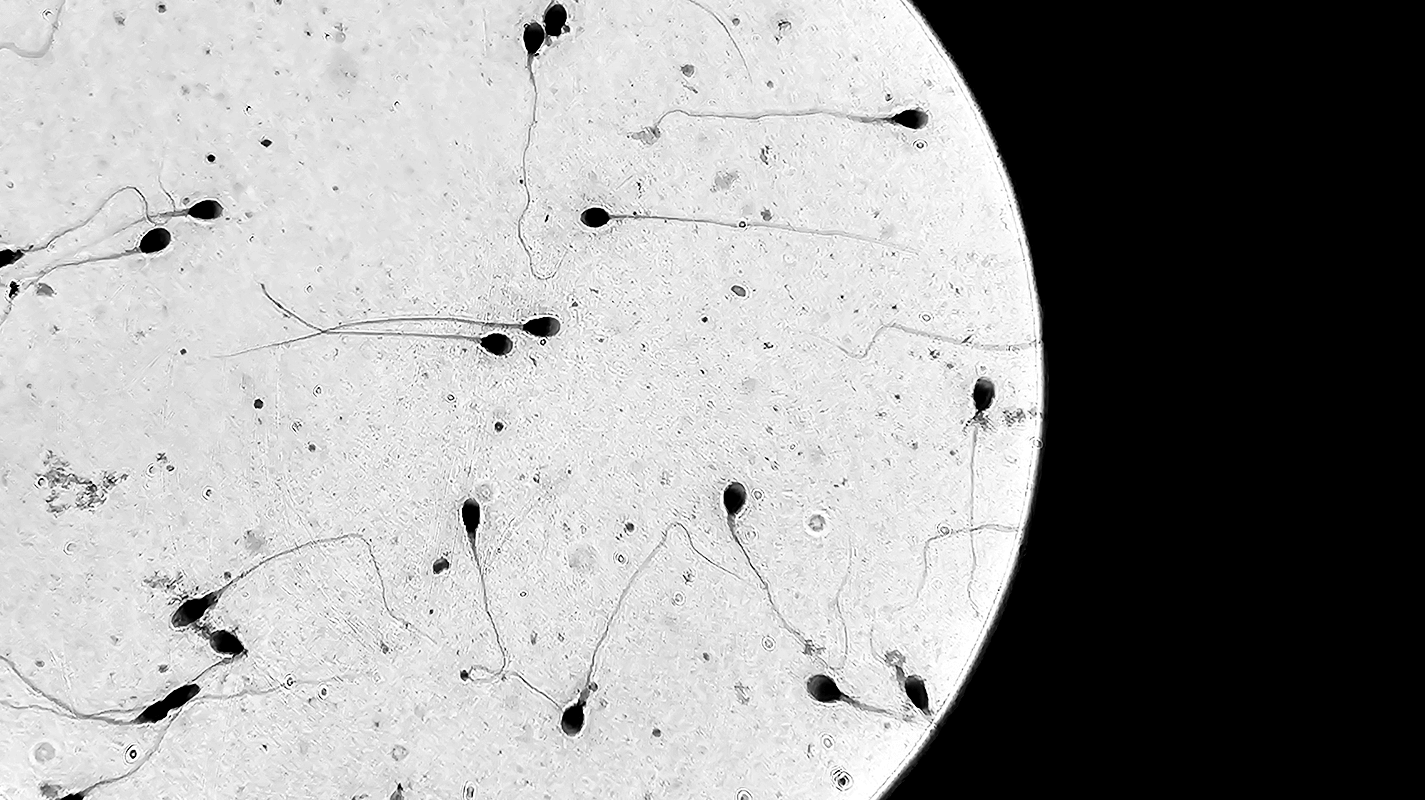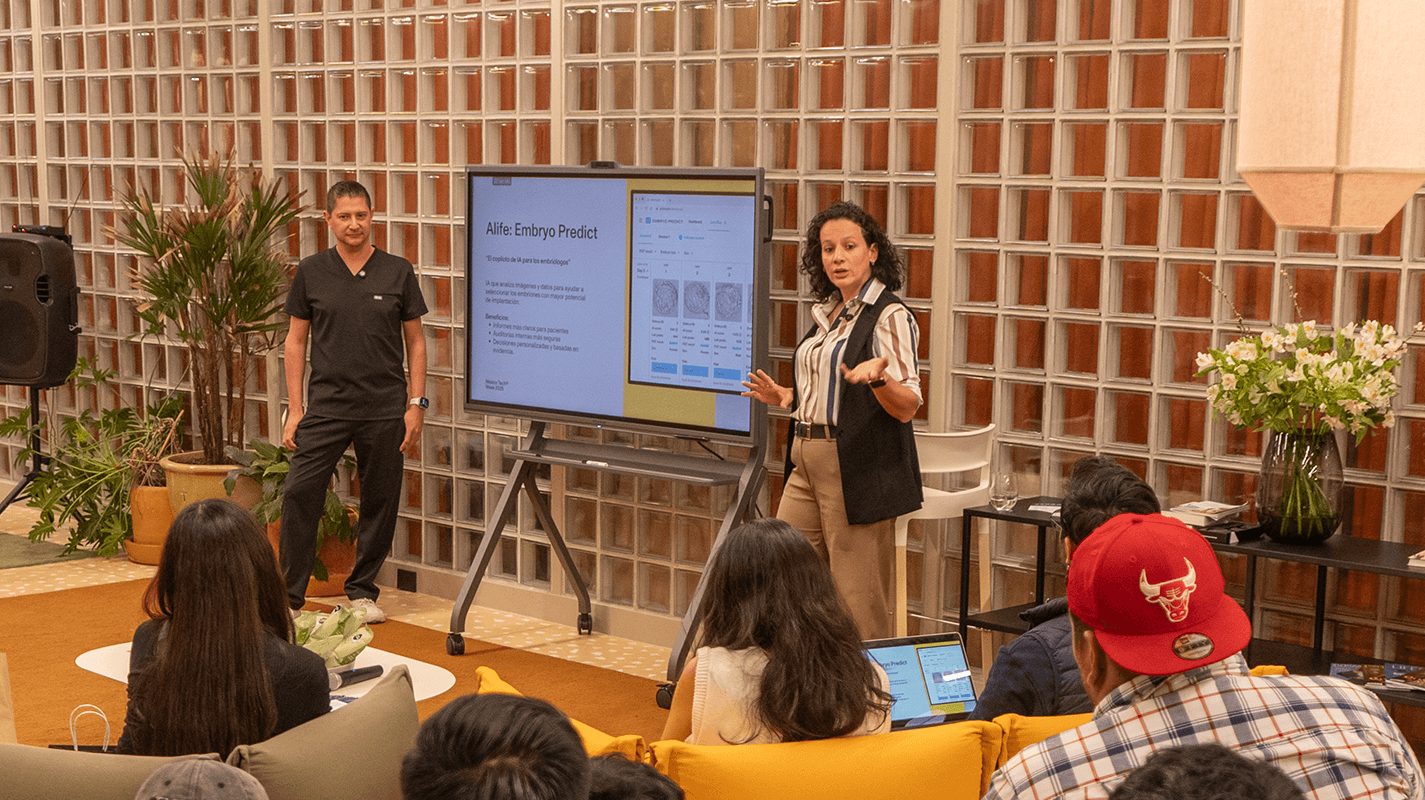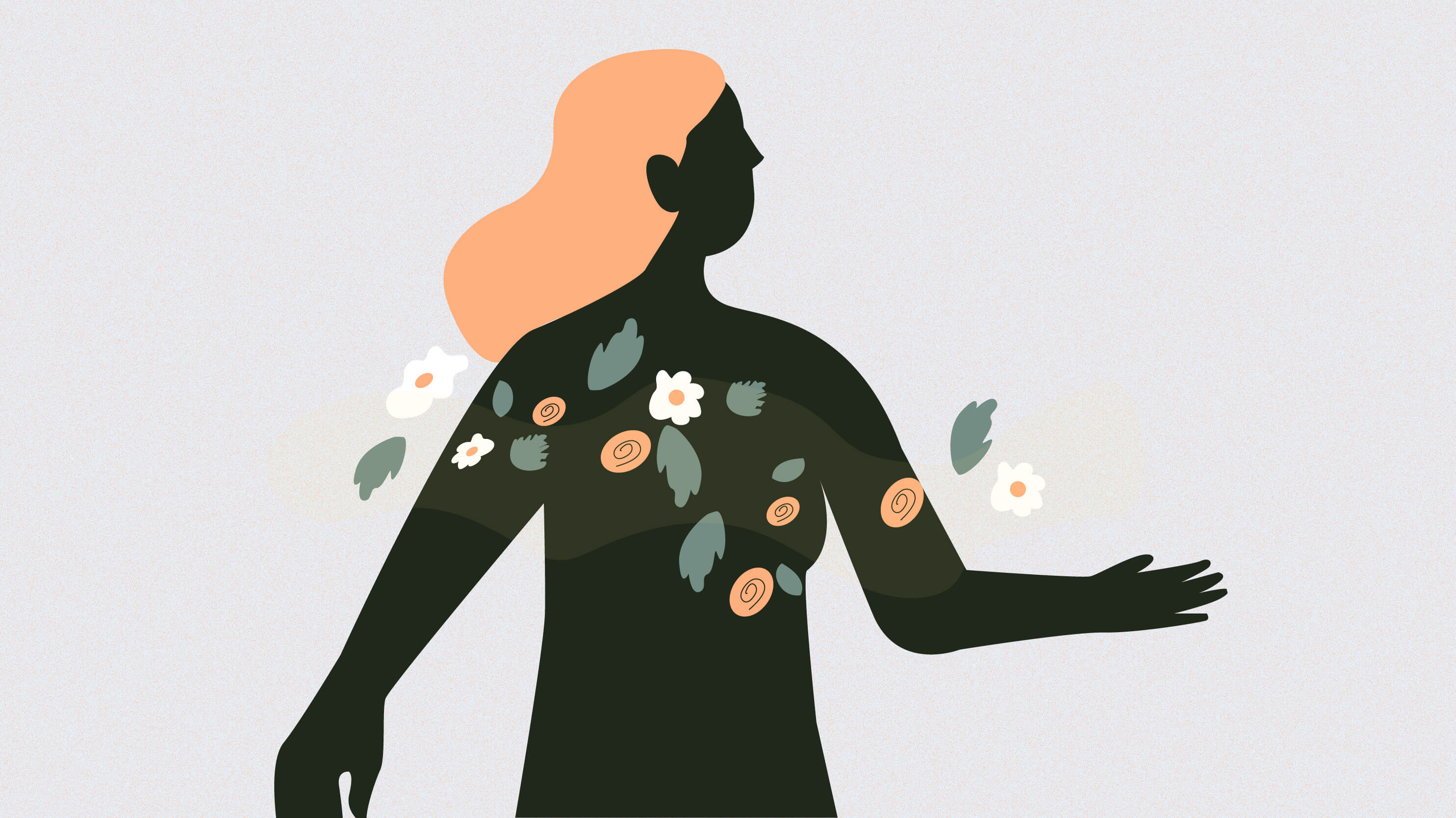Fertility treatments in the words of those who have experienced them

Although there is more and more information about the different fertility treatments that exist, their effects and implications, the truth is that thinking about going through one can be scary. This is largely due to the fact that the information we have access to is usually scientific or statistical, rather than experiential or human. Perhaps the scarcity of testimonies is due to the many taboos that have been built around the infertility and, for the same reason, many live their treatments in silence. But we know that there is no greater pain than that which is kept silent and that real testimonies can be the antidote to fear.
Perhaps listening to the experience of those who have undergone fertility treatment is a way to remind you that you are not alone in this, that behind all that information that tells us about hormones, numbers and probabilities, there are human beings who feel. Sharing this life experience with others can make it more bearable, loving and compassionate. Although we know that each person who experiences fertility treatment does so in very different ways, here we gather the testimonies of some women whose voices inspire us to believe in the value of the word, of support networks and of informed support.
Story 1
After 5 years of being married, Marcela and María decided it was time to grow their family. Hopes were low; on their first visits to different clinics, the doctors told them that it was almost certain that Maria would never get pregnant. The treatment was even more discouraging: when they left the office, Marcela and Mará didn't know if their concerns were childish or if wanting to become mothers was similar to buying a vacation package.
Achieving Integral Fertility was the birth of a new illusion. “For the first time they told me that I was a candidate,” María says. They started with ovarian stimulation treatment. The objective was to extract 12 eggs, from Marcela they got 14, of which they fertilized 13. The ROPA method opened up the possibility of implanting Marce's eggs in Maria's uterus. And, in his words, “that's where our roller coaster began”.
In December it was the capture and they went on vacation. On New Year's Eve, they received the news: no embryo had the necessary characteristics to be transferred. Although they were never afraid to share their journey with the world, they were sad to have to say that their attempts had not been successful, to have to repeat and repeat the bad news. Psychological support was essential to remind them that there were still options for them, that losing a battle is not equivalent to losing the war. “You think everything is incredible and all of a sudden you go downstairs. But that doesn't stop you from trying again, and from continuing to yearn,” says Marcela.
Amid questions like “is what we're doing normal?” and “should we stop trying?” , just at the moment when the situation seemed most hopeless, an embryo donor appeared. “I'm going to be the furnace of a baby who is completely both of us. It's ours because we want it, not because I genetically say so,” María says. Today we still don't know if this embryo will find its home in Mary's womb, but both know that the possibilities are endless, that the paths are never closed. In recounting their experience, they agree that mutual companionship has been essential in order not to lose heart, to keep reminding each other that they are on the right path. After all, as Marcela reminds us, “You shouldn't be left with anything in store. The knots in the throat become knots.”
Story 2
At 38, Meghan began to wonder if, since she had no partner, being a mother was a possibility for her. After a gynecological examination, she discovered that there were cysts growing inside her. She felt that the paths to motherhood were closing in front of her one by one. Her age made her feel guilty about the situation she was in; she thought that if the quality of her eggs turned out to be unfavorable, it was because of her ambition to pursue her career and fulfill her dreams before becoming a mother. For a strong woman to suddenly feel like she can't handle everything seems devastating.
His procedure was sperm donation and in vitro fertilization. Remembering it and saying it out loud is enough to move her: “There's something sensitive about doing this without a partner. You have a donor, but he's not your partner. There are no words, society does not have these names. There are mom and dad.” However, she emphasizes how important it was for her to share her process, to build a support network among women and to read the experiences of other people who had been through the same thing.
In her career, Meghan knew herself better than ever. “I can't believe how little they teach us in school and how little we know about our own bodies,” she reflects. In conversation with the doctors and with her friends, she found a refuge and a place where she knew she was welcome. Today that her baby is about to turn one year old, Meghan thinks that there is nothing greater than feeling included and taken into account, knowing that your decisions are valid, and reminding you that there are always options.
Story 3
“Your train is leaving.” This phrase, which Sofia heard coming out of the mouths of so many close people, turned the expectation of having to be a mother into an increasingly difficult pressure to handle, as she felt that being 28 and not having a stable partner her “fertile years” were slipping out of her hands. Curiosity led her to take an antimullerian test to measure her hormone concentration, which came out low. “What if I freeze?” , “Is freezing only for big women?” , “Am I a date?” , were some of the questions that went through his mind. It was answered and then the narrative changed: no, freezing is taking control of your life. “It's a smart decision. If you pay for car insurance and save for your future, why not do it?”
Deciding was, for Sofia, a revolutionary action. To decide he had to inform himself, he had to remember that it is valid not to decide today for your tomorrow's self. Thus, he understood that his uncertainty came from the taboo surrounding egg freezing, if it were a normalized situation, then it wouldn't have been so painful for him to live and share it. But the only way to change this is to talk: talking about the fact that, beyond being a physical procedure, it is a trajectory full of emotions, ups and downs, learning and transformation. Sofía thinks that freezing eggs is rethinking motherhood to combat those social agreements that dictate how and when a woman It should to be a mother. “Is your train leaving? It can be stopped!”
The testimonies that appear here remind us that everyone who undergoes fertility treatment does it differently, and although we know that we cannot encompass all experiences and feelings, we believe that this act of sharing can invite others to speak up, to say that something hurts, to confess that it is not easy to stop being afraid. We thank these women for giving us a little of their experiences to share, for making it possible for there to be more and more spaces for having fertile conversations.







